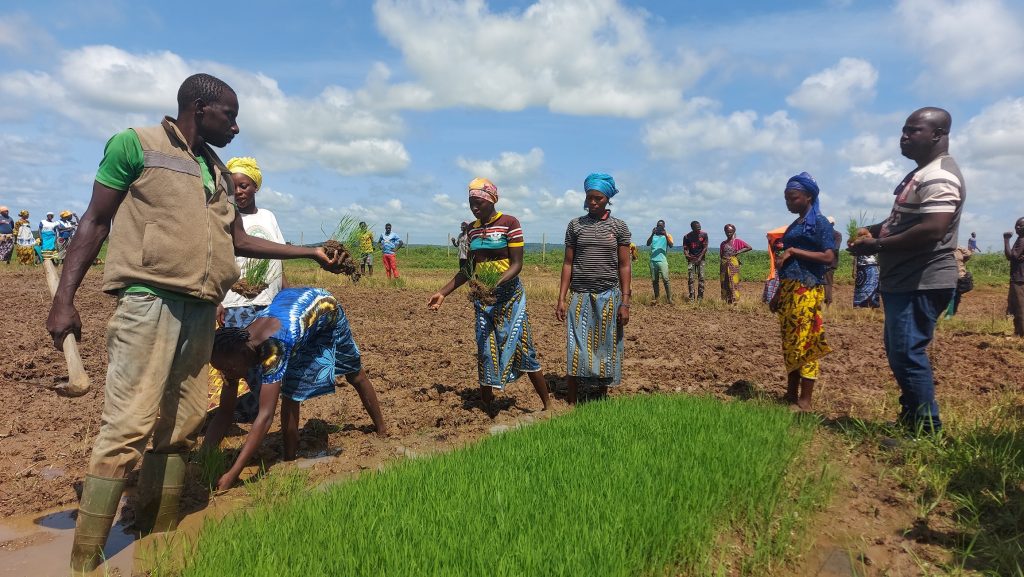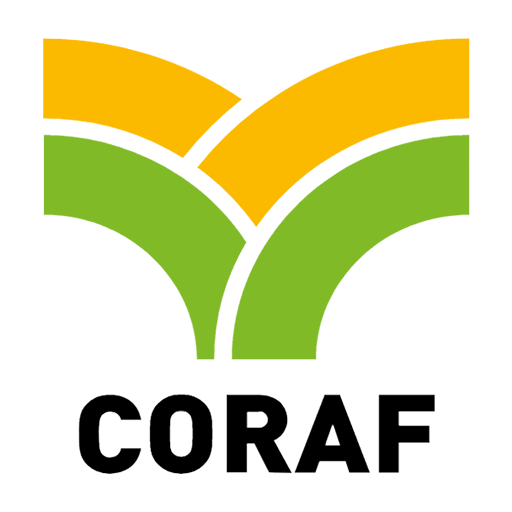CORAF’s Agricultural Technologies and Innovations for Increasing the Resilience of Production Systems and Family Farms in West and Central Africa (TARSPro) project is in its active phase, already delivering significant results in the African agricultural landscape. As a reminder, this project aims to promote sustainable agricultural practices and strengthen the resilience of family farms. In Burkina Faso, it is implemented by the Institute of Environment and Agricultural Research (INERA), through the Regional Centre of Excellence on Fruits and Vegetables (CRE-FL).
Some key results of 2023
The year 2023 was marked by a series of tangible achievements for TARSPro in Burkina Faso, including the successful establishment of a climate-smart village in Ouda. This pilot village was chosen after extensive consultations with local stakeholders. It represents a crucial testing ground for new agricultural technologies to better manage the adverse effects of climate change on agricultural activities.
The continuous operation of the technology park in Farako-Bâ also demonstrates the progress made in the dissemination of innovations. This park becomes «the super market» where the actors of the targeted agricultural value chains can discover and experiment the latest advances in promising technologies for their activities.
Within this park, the TarsPro project has also specifically targeted seven (07) gender and nutrition sensitive technologies, demonstrating its focus on specific groups and its commitment to food security for farming communities and their well-being.be families.
Training and capacity building activities were also at the heart of the project’s activities in 2023 in Burkina Faso. TARSPro invests in skills development to ensure the successful adoption of new technologies, from producer training to crop residue recovery and stakeholder training on post-harvest loss management practices.
Tangible impact
Since the beginning of the project, 14,984 people have been affected by the project’s activities in Burkina Faso, of which 27.03% are women and 47% are young people over the age of 35. This social inclusion is crucial to ensure a broad impact of the benefits of agricultural innovation in the communities participating in the project. Despite the challenges, the project has managed to maintain a steady pace of execution and is on track to achieve its long-term objectives.
TARSPro positions itself as a major catalyst for the development of the agricultural sector in West and Central Africa. His impressive achievements and commitment to sustainable development pave the way for smarter, more resilient and more inclusive agriculture for future generations. The TARSPro project covers 5 countries in West and Central Africa including Benin, Burkina Faso, Mali, Niger and Chad.

